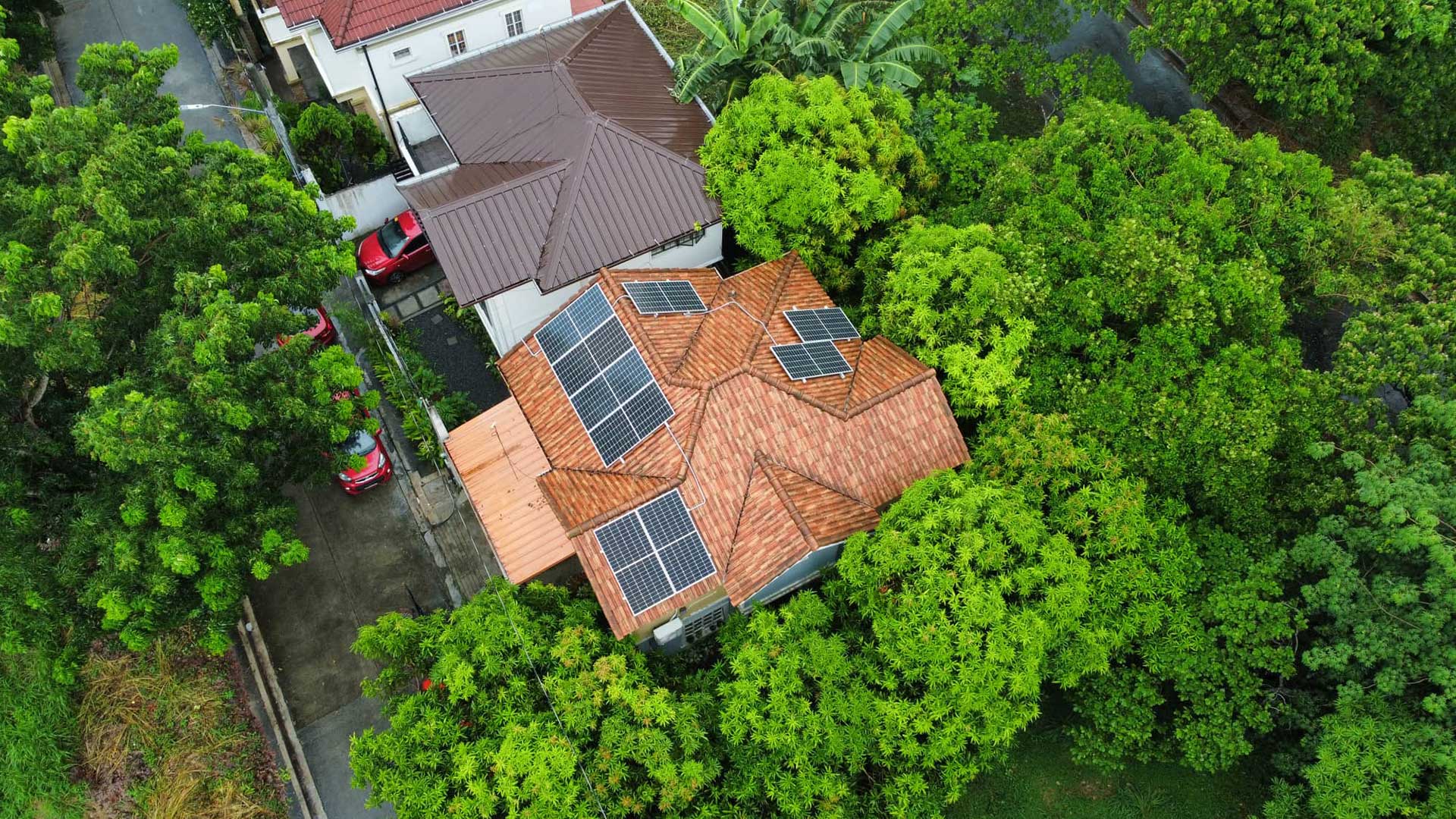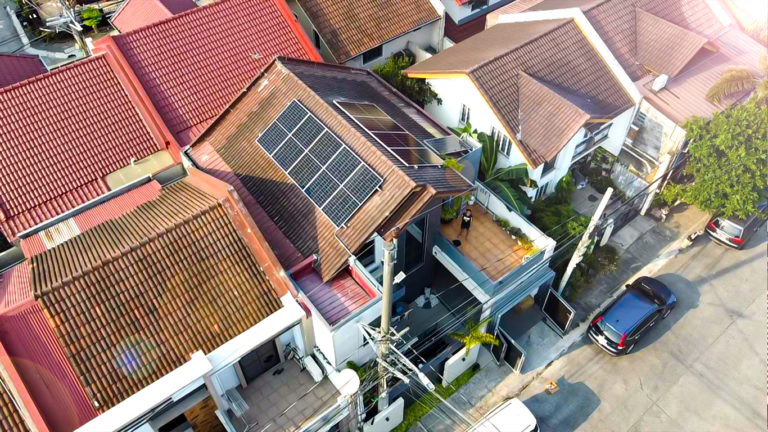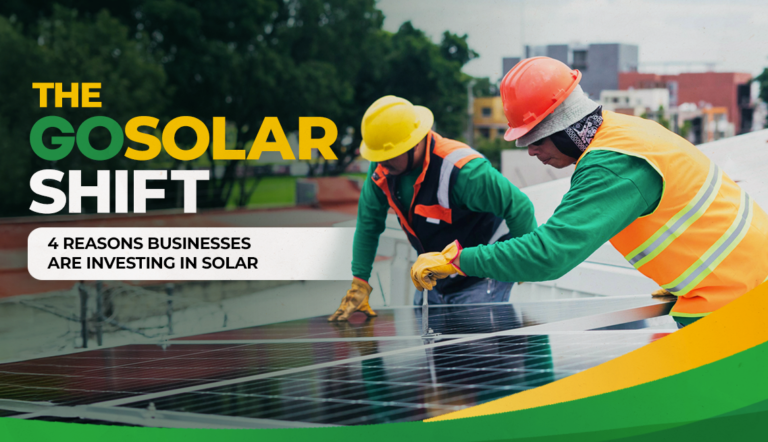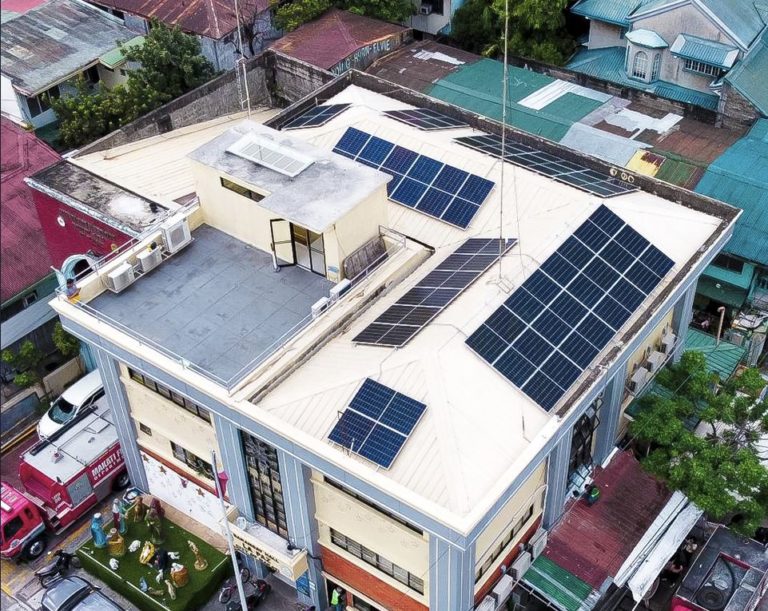Home Solar Power Energy Guide To Help Save You Money And The Environment
If you’re looking for a way to save money on your electricity bills and do your part for the environment, a solar-powered home is a great option to consider. By installing solar panels in your home, you can generate your own electricity using the clean and renewable energy of the sun. In this guide, we’ll provide an overview of the benefits of solar-powered homes, explain how it works, and introduce you to GoSolar Philippines, a trusted provider of solar power solutions.
The Benefits of Home Solar Power
Switching to home solar power has numerous benefits, both for your wallet and for the planet. Here are just a few of the reasons why you might want to consider making the switch:
Cost savings
One of the most obvious benefits of home solar power is the potential to save money on your electricity bills. By generating your own electricity, you can reduce or even eliminate your reliance on the grid, which means you’ll pay less for power. How much you’ll save depends on a variety of factors, including your energy usage, and the size of your solar power system. However, it’s not uncommon for homeowners to save hundreds or even thousands of pesos per year by switching to solar.
Environmental impact
In addition to the financial benefits, home solar power also has a positive impact on the environment. Most traditional energy sources, such as coal, oil, and natural gas, release greenhouse gases when they’re used, which contribute to climate change. Solar power, on the other hand, is a clean and renewable energy source that doesn’t produce any emissions. By switching to solar, you can help reduce your carbon footprint and do your part to protect the planet.
Reliability
Solar power systems are relatively low maintenance and have a long lifespan, which means they’re a reliable source of energy. In addition, if you install a hybrid solar power system, it will continue to generate electricity even during power outages, which can be especially useful in areas prone to natural disasters or other disruptions.
How Does Home Solar Power Work?
So, how exactly does home solar power work? At its most basic, solar power relies on photovoltaic (PV) cells to convert sunlight into electricity. These cells are made of semiconductor materials, such as silicon, and are typically found in solar panels. When sunlight hits the PV cells, it knocks loose electrons, which are then captured and sent through a conductor, such as a wire. This flow of electrons generates an electric current, which can be used to power your home.
A typical home solar power system consists of several components, including:
Solar panels
These are the panels that contain the PV cells and are responsible for capturing sunlight and converting it into electricity. The number and size of the panels you’ll need depend on your energy usage and the amount of space you have available for installation.
Inverter
The inverter is responsible for converting the direct current (DC) electricity produced by the solar panels into alternating current (AC) electricity, which is what your home uses.
Battery storage
Some solar power systems also include battery storage, which allows you to store excess electricity for later use. This can be especially useful if you generate more electricity than you use during the day and want to save it for use at night or during periods of low sunlight.
There are two main types of home solar power systems: grid-tied and Hybrid. A grid-tied system is connected to the electricity grid and can sell excess electricity back to the grid. A hybrid system, on the other hand, generates the same electricity as a grid tie but it has a special hybrid inverter and a battery used to store excess energy. Hybrid systems are typically more expensive but they can be a good option for people who consume electricity when the sun goes down.
How Much Can You Save with Home Solar Power?
One of the main reasons people switch to home solar power is to save money on their energy bills. But exactly how much can you expect to save? The answer will depend on a variety of factors, including:
- Your energy usage: The more electricity you use, the more you’ll save by generating your own power.
- The size and efficiency of your solar power system: The larger and more efficient your system is, the more electricity it will generate and the more you’ll save.
- Local incentives and subsidies: Many governments offer incentives and subsidies to encourage the adoption of solar power, which can significantly reduce the cost of installing a solar power system.
- The cost of grid electricity: If the cost of grid electricity is high in your area, you’ll save more by switching to solar.
In general, the more you use solar power, the more you’ll save. However, it’s worth noting that the upfront cost of installing a solar power system can be significant, even with incentives and subsidies. As a result, it can take several years to recoup your initial investment. That being said, once you’ve paid off the cost of your system, your energy costs will be significantly reduced.
How to Choose the Right Solar Power System for Your Home
If you’re considering switching to home solar power, the first step is to assess your energy needs and determine the size and type of system that is right for you. Here are a few things to consider:
- Your energy usage: The more electricity you use, the bigger your solar power system will need to be. To determine your energy usage, look at your past energy bills and consider factors such as the size of your home, the number of appliances you have, and your climate.
- The size and orientation of your roof: Solar panels need to be installed in a sunny location, so it’s important to consider the size and orientation of your roof when choosing a solar power system. South-facing roofs are generally the best choice, as they receive the most direct sunlight.
- Your budget: The cost of solar power systems can vary significantly, so it’s important to consider your budget when deciding on a system. Keep in mind that there are various financing options available, including purchasing outright, leasing, and power purchase agreements.
- Grid-tied or Hybrid System: As mentioned earlier, there are two main types of solar power systems: grid-tied and Hybrid. Consider your energy needs when deciding which type of system is right for you.
The Environmental Benefits of Home Solar Power
In addition to the financial benefits, home solar power also has a positive impact on the environment. Most traditional energy sources, such as coal, oil, and natural gas, release greenhouse gases when they’re used, which contribute to climate change. Solar power, on the other hand, is a clean and renewable energy source that doesn’t produce any emissions. By switching to solar, you can help reduce your carbon footprint and do your part to protect the planet.
In addition to reducing greenhouse gas emissions, solar power can also have a positive impact on local air quality and public health. Many traditional energy sources, such as coal-fired power plants, release pollutants into the air, which can contribute to respiratory problems and other health issues. Solar power, on the other hand, is a clean and quiet source of energy that doesn’t produce any emissions or noise pollution.
GoSolar Philippines: Your Trusted Partner for Home Solar Power
If you’re considering switching to home solar power, GoSolar Philippines is a trusted partner you can rely on. With years of experience in the solar power industry, GoSolar Philippines has the expertise and knowledge to help you make the switch to solar.
The company offers a range of products and services to meet your solar power needs, including installation, maintenance, and financing options. Whether you’re looking to reduce your energy costs or do your part for the environment, GoSolar Philippines can help you achieve your goals.
Installing a solar power system can save you money on your electricity bills and help protect the environment. If you’re making the switch, GoSolar Philippines is a reliable partner you can count on for all your solar power needs. Don’t hesitate – to explore your solar power options today and start enjoying the many benefits of solar power.










I wish to read even more details about this topic. Can you suggest a list of sources for further investgation?
Please contact me to provide a quote for installation of a hybrid system.
I’m building a house in San Isidro, Magalang, Pampanga.